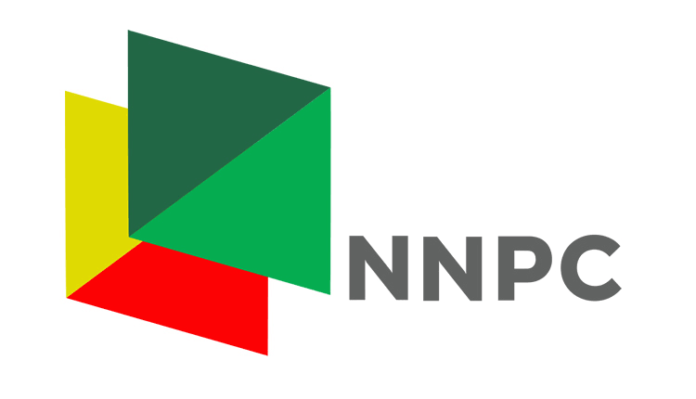The Nigeria National Petroleum Company Ltd. (NNPC Ltd) is deepening investments in the Ajaokuta-Abuja-Kano (AKK) gas pipeline and OB3 gas interconnector to support five billion standard cubic feet per day domestic gas utilisation.
Malam Mele Kyari, the Group Chief Executive, NNPC Ltd., made this known in Abuja on Monday at the opening of the sixth edition of the Nigeria International Energy Summit (NIES 2023).
Kyari explained that the company was investing heavily in critical infrastructure.
He added that it was also investing in five giga watts of power generating capacity by developing power plant projects along AKK pipeline corridor and across the country to complement the existing ones.
Kyari said that the company was investing heavily in critical infrastructure.
He said that the company was also investing in five giga watts of power generating capacity by developing power plant projects along AKK pipeline corridor and across the country to complement the existing ones.
The News Agency of Nigeria (NAN) reports that the summit declared open by President Muhammadu Buhari, through Mr. Boss Mustapha, Secretary to Government of the Federation.
NAN also reports that the theme of the summit: “Global Perspectives for a Sustainable Energy Future.”
Kyari was represented at the event by Mr. Mohammed Ahmed, Executive Vice President, Gas, Power and New Energy, NNPC Ltd.
He said the company would continue to support the Federal Government toward the realisation of key initiatives such as the Decade of Gas and the National Gas Expansion Programme (NGEP).
These, he said, sought to deepen natural gas utilisation as an alternative transportation fuel, virtual gas supply to off-pipeline grid gas customers and gas utilisation as feedstock for the development of gas-based industries.
Kyari said this was evident in the definite actions taken to utilise Compressed Natural Gas and Liquefied Natural Gas (LNG) to power vehicles, buildings and power plants.
He said the world had recognised the need for ensuring sustainability in the energy landscape in line with the current realities.
Kyari added that as key players in the sector, its mandate of providing energy for Nigeria still remained a priority.
According to him, NNPC is poised to reliably deliver energy to its stakeholders through efficient utilisation of hydrocarbons and other new energy sources which the country was blessed with.
“Oil and gas remains a significant component of the global energy mix, therefore we are unlocking more opportunities across both the oil and gas value chain spanning from supply and infrastructure to the markets,” he said.
Speaking on the gas export market, he said the ongoing Nigeria Liquefied Natural Gas company Train Seven would expand Nigeria’s LNG production capacity to about 30 million tonnes per annum (30 MTPA).
This, he said, was in addition to the planned Nigerian Morocco and the Trans Sahara Gas Pipeline projects which would supply gas to sub-regional African countries and subsequently Europe.
“In addition to our existing upstream activities, we are also deepening exploration activities of the nation’s frontier Basins using the best industry standards and technologies which is already yielding results such as the Kolmani discovery.
“And we are hopeful that the recent spud-in of the EBENYI – A in Nasarawa State will yield positive result as well.
“NNPC will continue to leverage partnerships with the industry, government, research institutions and the academia to ensure energy security and sustainability,” he said.

























